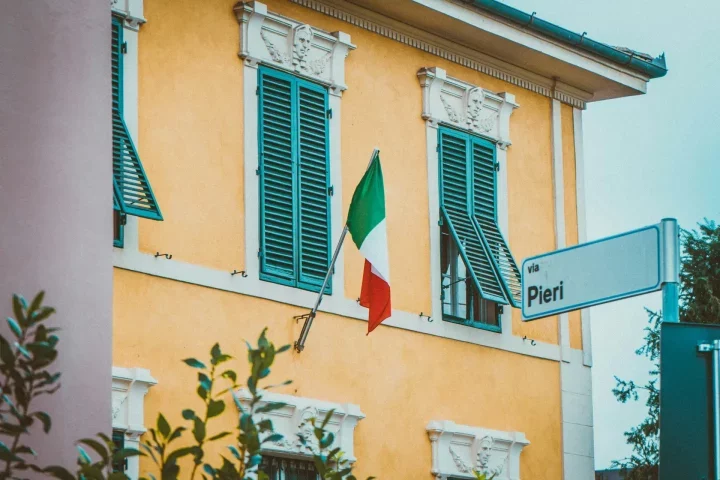Being an Italian dual citizen offers a multitude of advantages and opportunities. From seamless global travel to enhanced job prospects, quality healthcare, and a deeper connection to heritage, Italian citizenship opens doors to a rich and fulfilling experience. If you want to learn more about the prospects of becoming an Italian citizen, you have come to the right place! Here are 10 things you can do as an Italian citizen:
Global Travel: Italian citizens can explore the world with ease. They have visa-free access to 172 countries, thanks to the strength of the Italian passport. Additionally, within the European Union (EU), they can move freely across all 27 member states without needing a visa.
Work Opportunities: Dual citizens enjoy expanded job prospects. Whether in Italy or elsewhere in Europe, having Italian citizenship enhances employment options.
Healthcare Benefits: Italy’s healthcare system provides quality medical services. As a dual citizen, you can rely on this system for your health needs.
Entrepreneurship in Europe: You’ll have fewer restrictions compared to non-European entrepreneurs. Starting a business in Italy, for instance, can be more straightforward for Europeans. However, it’s essential to understand the specific regulations and support available in each country.
Homeownership Advantages: When purchasing property in Italy, dual citizens can take advantage of special tax schemes and bonuses.
Take advantage of specialized assistance to secure your passport for a borderless future.
Quality of Life: Italy offers a beautiful and comfortable lifestyle. From picturesque landscapes to vibrant cities steeped in art and culture, it’s an appealing place to live.
Education Savings: Tuition fees at Italian universities are generally lower than those at American institutions, making education more affordable.
Consular Assistance: When traveling abroad, dual citizens can seek help from both Italian and their other country’s consulates. Even in regions without Italian representation, EU passport holders can access any EU member state’s embassy for assistance.
Heritage Connection: Dual citizenship allows you to reconnect with your Italian heritage, fostering a deeper sense of identity.
Political Participation: As an Italian dual citizen, you have the right to actively engage in European politics. This includes voting in EU, national, and local elections. If you choose not to participate, that’s perfectly acceptable, as Italian and European elections are optional.
In summary, being an Italian dual citizen provides a wealth of benefits, from travel privileges to cultural enrichment and beyond. However, obtaining Italian dual citizenship involves a lengthy and challenging process. But fear not! If you seek assistance from io.citizenship, our team of experts will ensure a fulfilling and rewarding journey. Contact us today!






